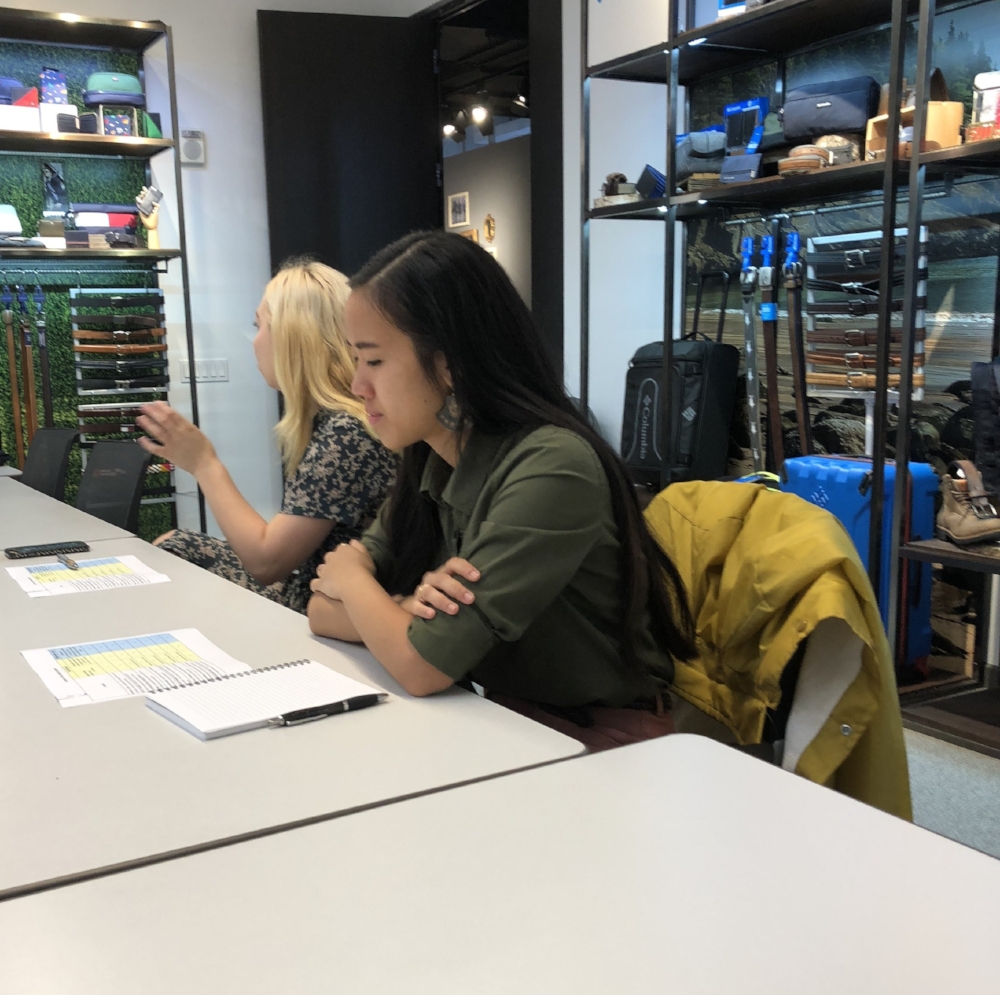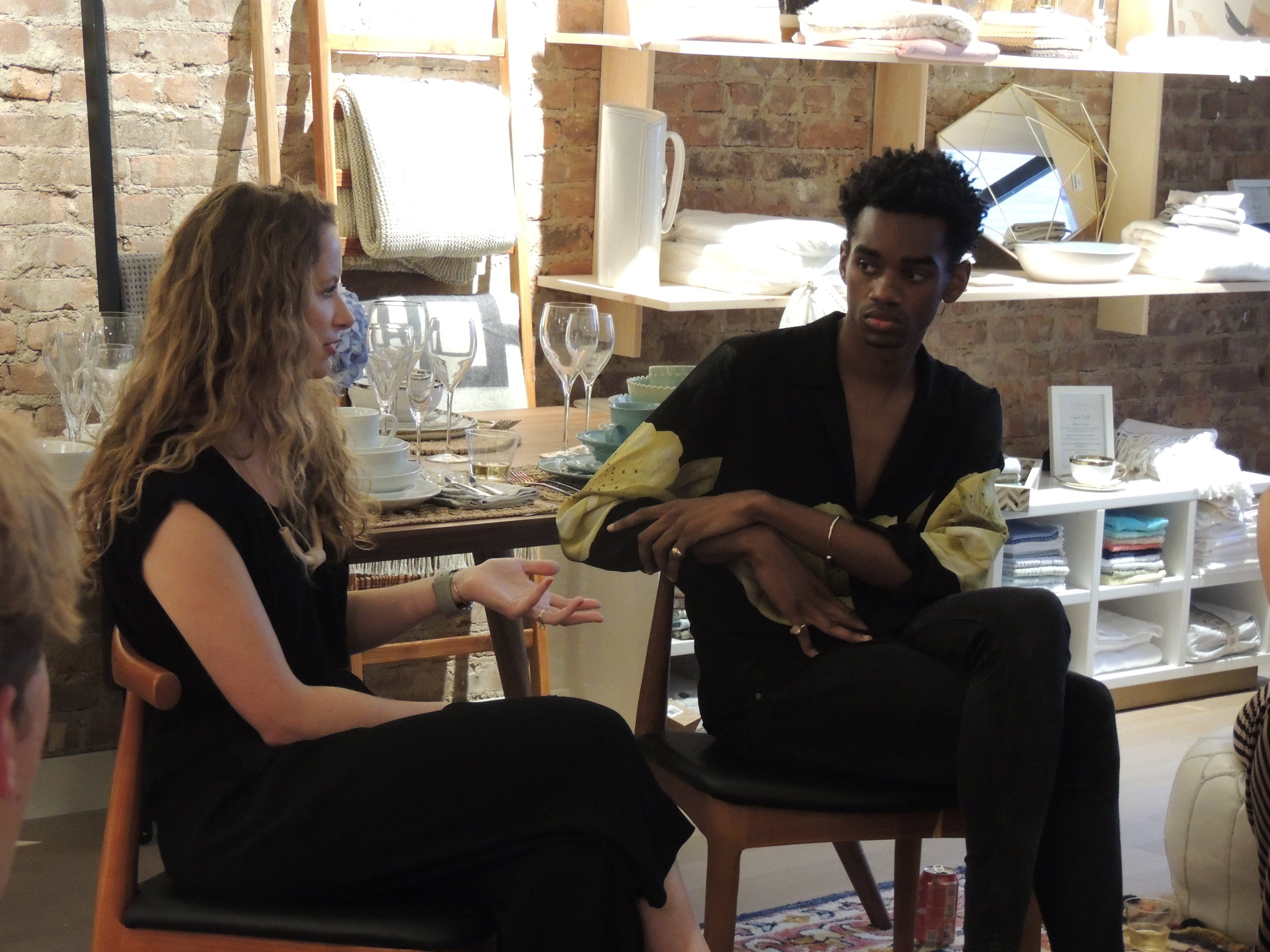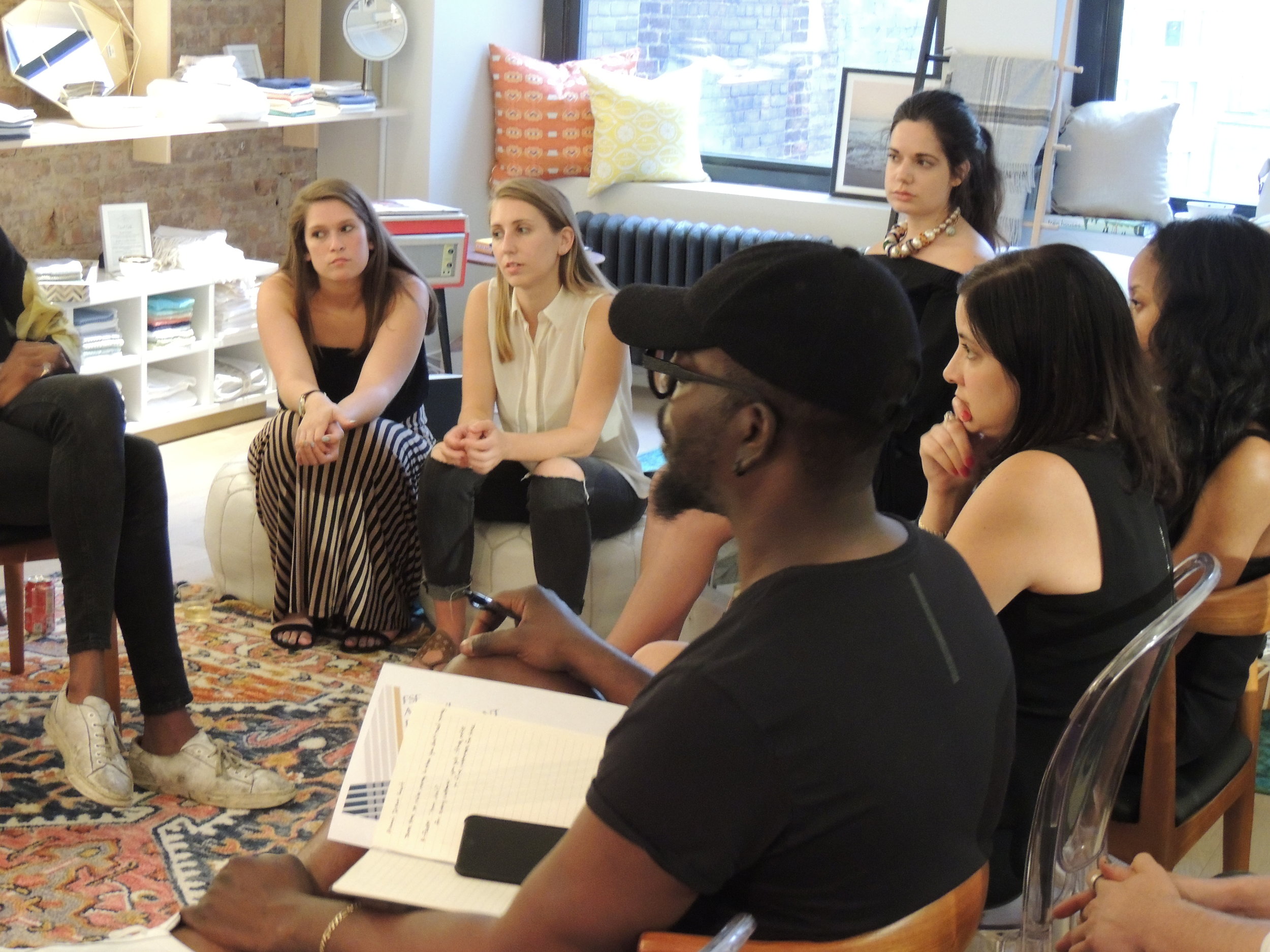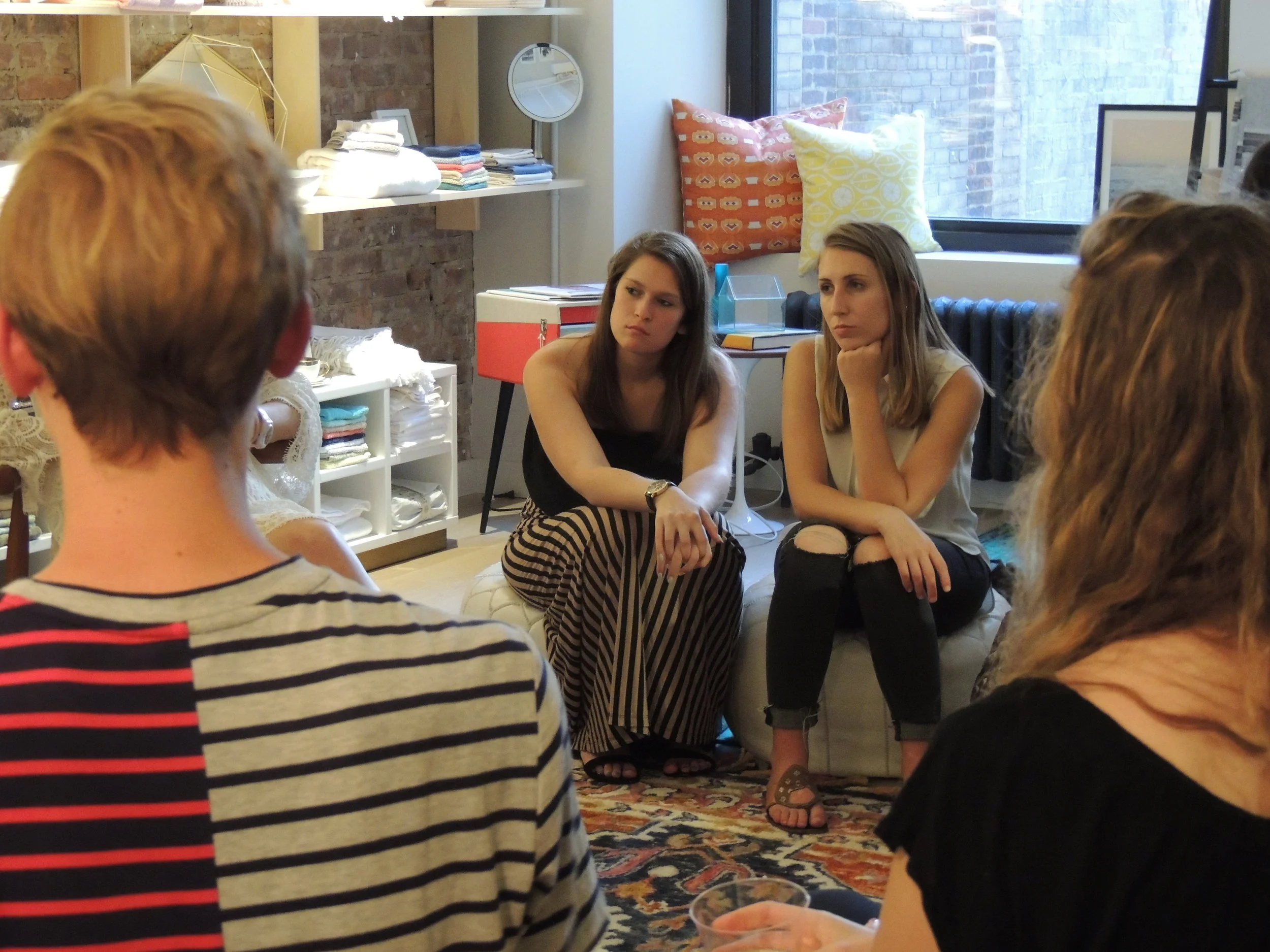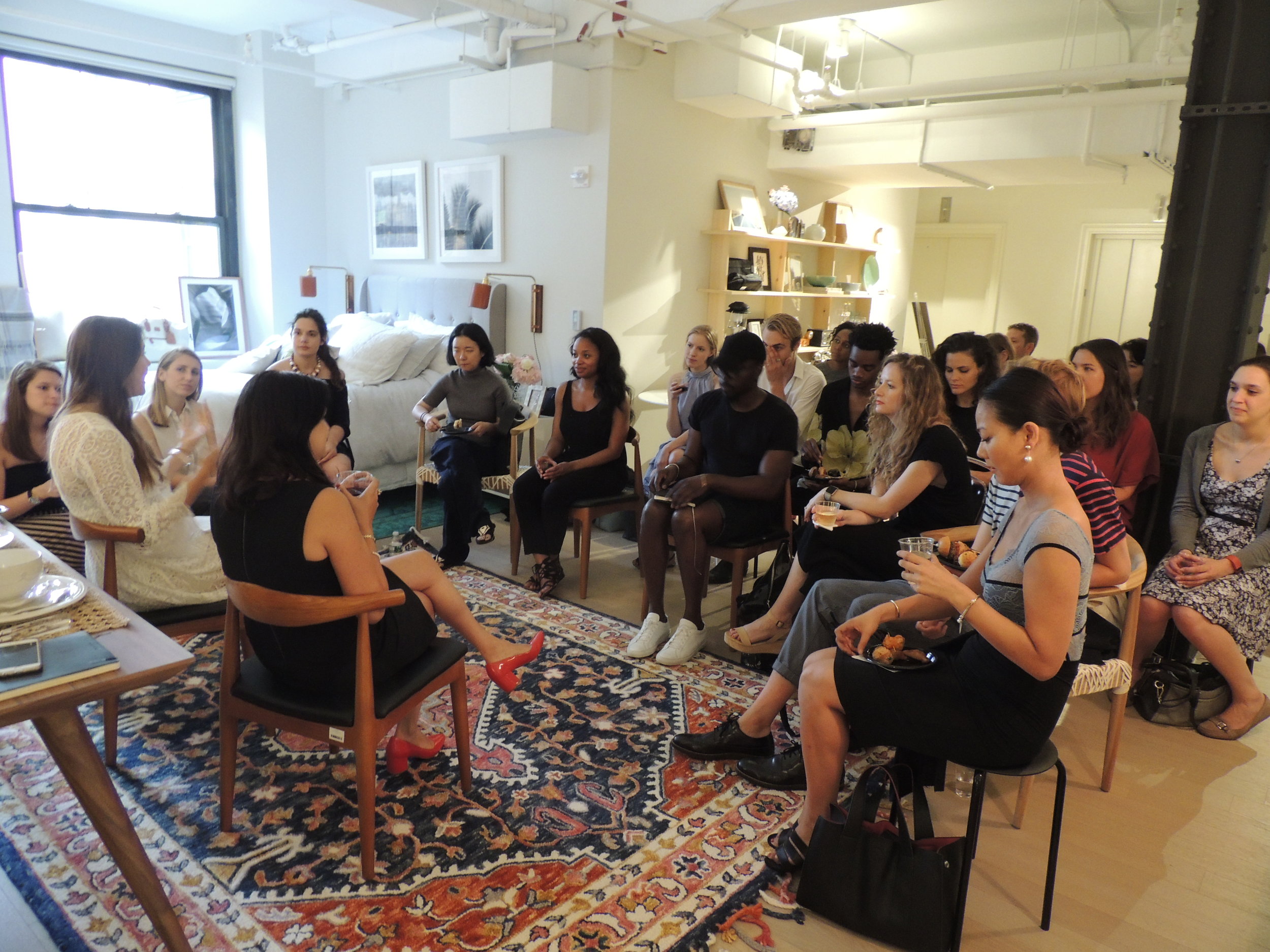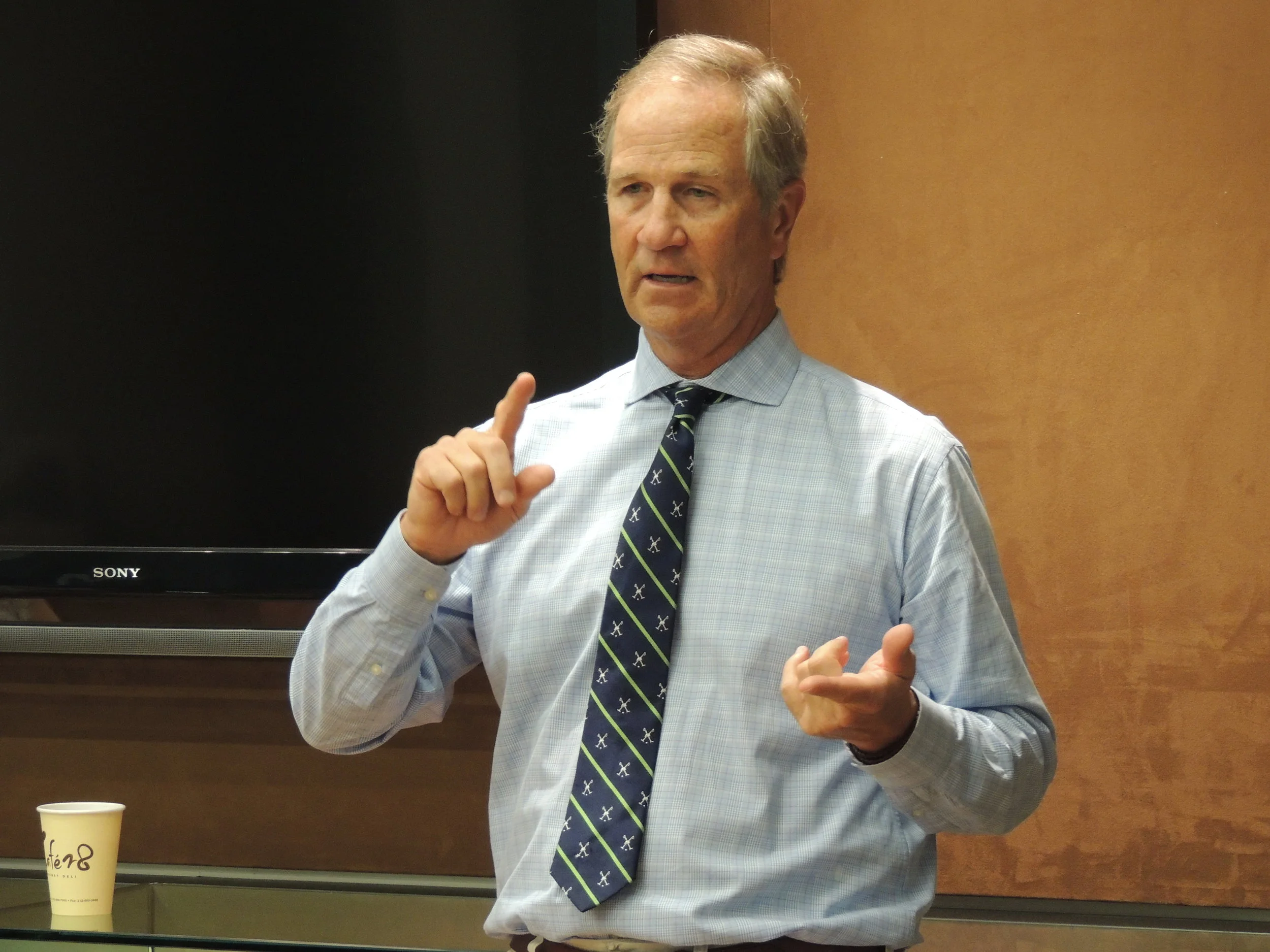Debra Malbin has had both a unique and immensely successful career in the fashion industry. Upon graduating from FSF member school, the University of Florida, with a degree in Marketing, she started working for a media agency in New York. At first, like many graduates, she did not find her first job to be aligned with her true passions, therefore, on a whim, Debra applied for a seasonal role at Bloomingdale’s and was hired. She remained with the company for eight years, and was promoted from a position as an assistant buyer, to department manager, to a buyer for multiple divisions in both home and menswear. As her eighth year rolled in, she decided to move to a wholesale position at Jhane Barnes which was owned by Oxford Industries. There, she went from being a VP of sales to becoming a president of multiple divisions, both positions in which she found herself truly thriving because of her natural propensity for oversight, teamwork, and larger-scale decision making. Her final career move happened when she started her own executive recruiting business, Debra Malbin Associates, which blended all of her unique talents and interests. DMA is a small boutique search firm that specializes in recruiting middle to senior management executives.
Firstly, Debra shared with the scholars the different opportunities that are available for graduates, and what the various jobs in the industry entail. “There are so many different jobs in fashion,” Debra expressed, “Students usually aspire to go into buying or marketing, but they have never even been exposed to licensing or strategy”. She further explained that a job in licensing has the potential to blend the diverse interests, such as sales, product, and interpersonal communication skills, of someone who is not blatantly set on one thing. “Your first job(s) are a sort of elimination process; the search is like a pyramid, where you start with a broader selection and then it gets more and more narrow as you check off what you dislike”, Debra explained.
Next, Debra went in-depth on both good and bad interviewing techniques, from her point of view as someone who has had extensive experience with recruiting. “You never get a second chance at a first impression,” Debra stressed, “After that one second, it will be difficult to sway someone into thinking of you otherwise, so look presentable, have a firm handshake, and appear confident. If you can, choose the middle seat instead of a seat to the far right or far left”. Alyssa Zinola, events and social media manager for FSF, added that a good idea is to dress professionally, even for a phone interview. “When you are dressed up, you are more likely to speak professionally and envision yourself in an interview setting rather than speaking as if you are on the phone with a friend”, she explained.
Lastly, Debra talked the scholars through several tips regarding their resumes and cover letters. “How long should a cover letter be?” One scholar asked, “I’ve heard opposing perspectives on whether they should be a full page or just one paragraph”. Debra answered by explaining that, since many people in the fashion industry are both visual and often pressed for time, they appreciate brevity and concision. “A cover letter should be two paragraphs,” She articulated, “One paragraph which explains who you are and what your skills are, and another which explains why you want to work for this particular company and why the position matches your skills and qualifications”. Debra also stressed the importance of being honest on your resume, as well as knowing the dates, locations, and key learning points of the jobs listed. “I’m surprised at how many people can’t tell me the dates of when they held certain positions,” she said. “You have one short life so you should be able to know it inside-out.”
Debra concluded the breakfast by inquiring about the scholars’ future career goals, as well as giving them extra bits of advice on how to be successful in the industry. The scholars left the event with both inspiration and a plethora of meaningful tips which they will be able to employ in their job search and future careers.
Hi! My name is Katie Kornienko and I am the 2018 YMA Fashion Scholarship Fund Summer Intern. I am studying Fashion Merchandising and Finance at the University of Delaware, and I am the Executive Editor of my school’s fashion publication, UDress. I was also a top FSF scholarship winner for Merchandising & Marketing in 2018. Enjoy reading about the fun and engaging events we are hosting this summer for the 2018 scholars!


